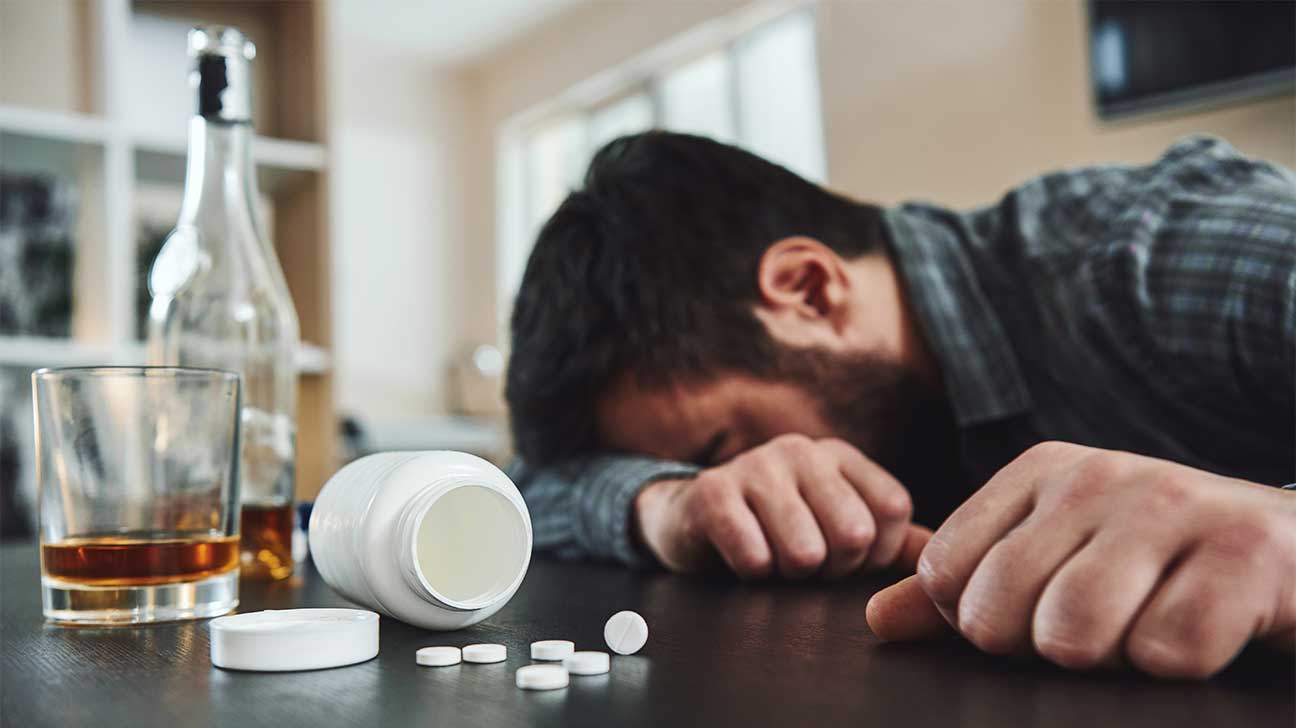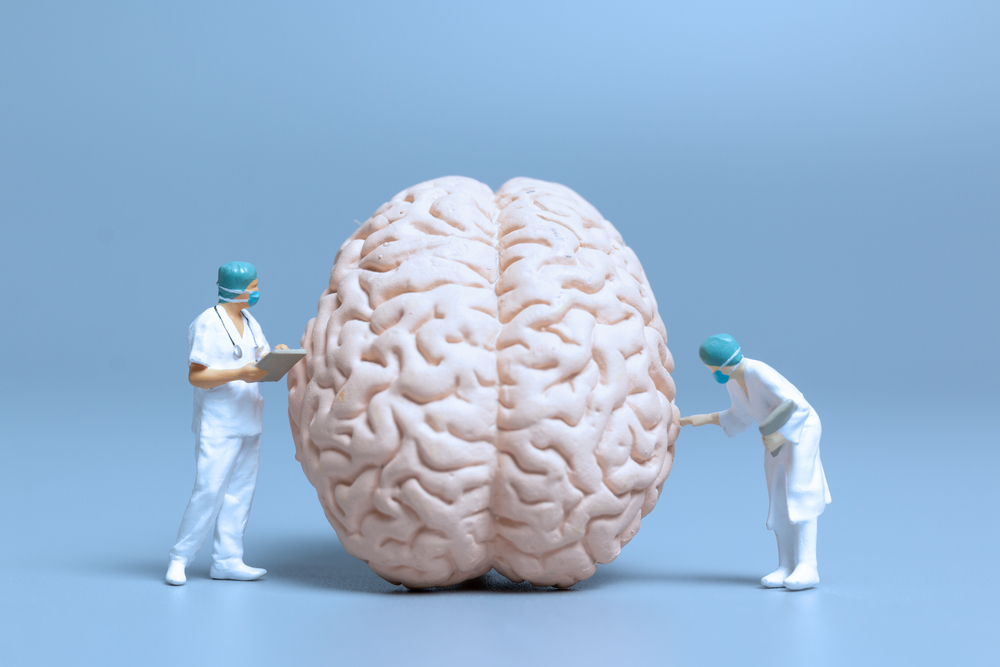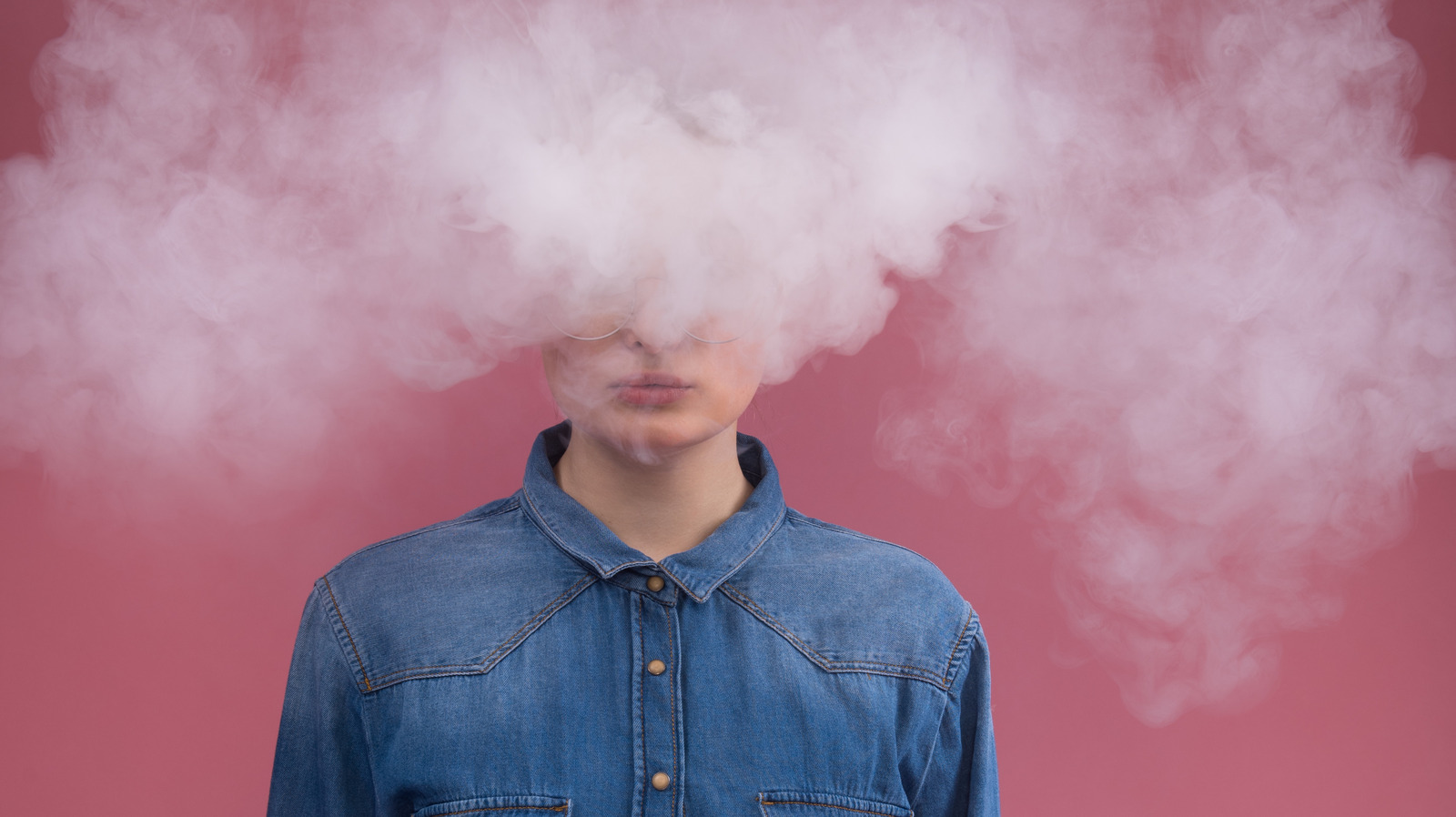How do drugs and alcohol affect your mental health?
Author : Dr.Tulika | 27 Dec 2025

What are drugs and Alcohol?
Use of substances or drugs, and alcohol, is something that usually starts as fun, peer pressure and curiosity. However, drugs and alcohol, both have the ability to affect the brain and the behavior of a person, especially if consumed in excessive quantities. Addiction to such drugs and alcohol can be extremely detrimental to health, and may prove fatal. Drugs and alcohol can cause both, short and long term ill-effects on the body.
Drugs include substances like Cocaine, Marijuana, Heroin, LSD, Ketamine, Methamphetamine etc.
Basically drugs or alcohol are consumed to feel the kick, and the high that they give by the sudden stimulation of different areas of brain. Younger adults at times fall prey to social and peer pressure and start consuming drugs or alcohol.
What are the physical effects of drugs and alcohol?
The physical effects of drugs or alcohol depends upon:
● Which drug or alcoholic beverage you consume
● The quantity consumed
● How fast it is consumed
● Your general health
The physical effects usually appear immediately and they include:
● Loss of balance
● Changes in heart rate
● Altered breathing pattern
● Problems with co-ordination
● Slurring of speech
● Nausea
● Vomiting
● Changes in appetite
● Trembling/shaking
● Dizzyness, fainting
● Reduced alertness
Long-term physical effects of drugs and alcohol include:
● Diabetes
● Stroke
● Hypertension
● Constipation
● Severe muscle cramping
● Heart disease
● Dental problems
● Lung problems
● Infections following injectable drugs
● Kidney damage
● Liver damage
● Cancer- Smoking, marijuana and alcohol are linked to certain forms of cancer.
● Chronic mental health problems
What are the effects of drugs and alcohol on the brain and mental health?
Drugs and alcohol can affect various areas of the brain and can result in:
● Elevated mood followed by depressed mood
● Lack of concentration/inability to focus
● Excessive sleepiness
● Reduced mental alertness
● Altered perceptions (eg, people taking LSD are described to see music and listen to colours)
● Hallucinations
● Delusions
● Altered perception of reality
● Excessive relaxation
● Anxiety, panic
● Urge to cry or laugh without inhibition
What is addiction?
Addiction is a disorder of the brain in which a person has a compulsive urge to consume the drug or alcohol to which he/she is addicted to. There are four stages of addiction:
Stage 1 - Experimentation: no person begins consuming a drug or alcohol with the intention of getting addicted to it. It generally begins as a benign attempt to fit into the crowd and to have some fun, to experiment with something new. Young people in their growing age are extremely vulnerable to peer pressure and fear of being a social outcast, and that is what leads them to experimenting. Adults usually start consuming alcohol or less commonly, drugs to get the high and become stress free for at least some time. The increasing pressure at work and home is something that drives many to experiment something which promises uninhibited relaxation.
Stage 2 - Regular use and abuse: this is the next step on the path of addiction, in which something which was temporary, recreational, occasional, becomes permanent, regular and part of lifestyle. The person becomes more and more dependent on the drug or alcohol to seek comfort and relaxation, and life begins to feel incomplete without consuming it. Slowly, over period of time, the drug or alcohol which was supposed to cause relaxation, now begins causing stress to the person.
Stage 3 - Dependency and tolerance: gradually, as the usage of drug or alcohol increases, the person begins to become physically and psychologically dependent on it. The brain stops naturally releasing the necessary chemicals and the body depends on the outside agent for the same. The person begins to develop physical and psychological craving for the drug or alcohol. Physical craving can manifest in withdrawal symptoms like tremors of hand if the drug or alcohol is not consumed. Psychological craving is expressed as restlessness and anxiety of the drug or alcohol is not consumed. The person becomes entirely dependent on the drug or alcohol to maintain normal physical and mental wellbeing.
Soon tolerance develops, and to get the same effect, the person has to consume more and more drug or alcohol. As tolerance develops, risk-taking behavior, rash behavior is seen to increase.
Stage 4 – addiction: with addiction, the person becomes completely dependent on the drug or alcohol for living. Less thought is spared thinking about normal things and most time is concentrated on getting the next high. They are unable to stop themselves from consuming the drug or alcohol. Basic needs are neglected, social interactions reduce, jobs may be lost, relationships suffer in this final stage of addiction. But as long as the drug or alcohol is available, the person is not able to think anything beyond it.
How can one stop or prevent themselves from getting addicted?
To stay away from addiction:
● Limit consumption by setting the limits
● Increase social interactions
● Develop a hobby
● Find a distraction
● Seek medical/psychiatric help
How is the treatment of alcohol or drug addiction done?
The first step in the treatment of alcohol addiction is to acknowledge that the problem exists. Once the problem is understood and accepted, a plan has to be formulated to quit the habit. And finally, irrespective of the hassles, the plan should be put into action.
1. Rehabilitation centers : Rehabilitation centers offer an all-inclusive program for the drug or alcohol addict to get rid of their habit. Treatment of withdrawal symptoms, management of physical symptoms during withdrawal is taken care of. Medical detoxification is done to remove the drug or alcohol from the body
2. Alcoholics anonymous : this is a support group that helps to get rid of the alcohol addiction with their 12 step deaddiction program.
3. Drug therapy : Many medications are available that help the person to deal with the effects occurring due to withdrawal of the drug or alcohol. The acute ill-effects of alcohol or drug abuse can also be managed with drug therapy.
4. Psychotherapy: persons addicted to alcohol or drugs can go through lot of psychological trauma during deaddiction. They suffer from mood swings and experiences like anxiety and depression due to the alterations in the brain chemicals. Psychotherapy can work as a supportive therapy for deaddiction.
Thus, alcohol and drug abuse is extremely dangerous for the physical and mental wellbeing of an individual. With proper treatment and good psychotherapy, a person can deaddict himself/herself.
















